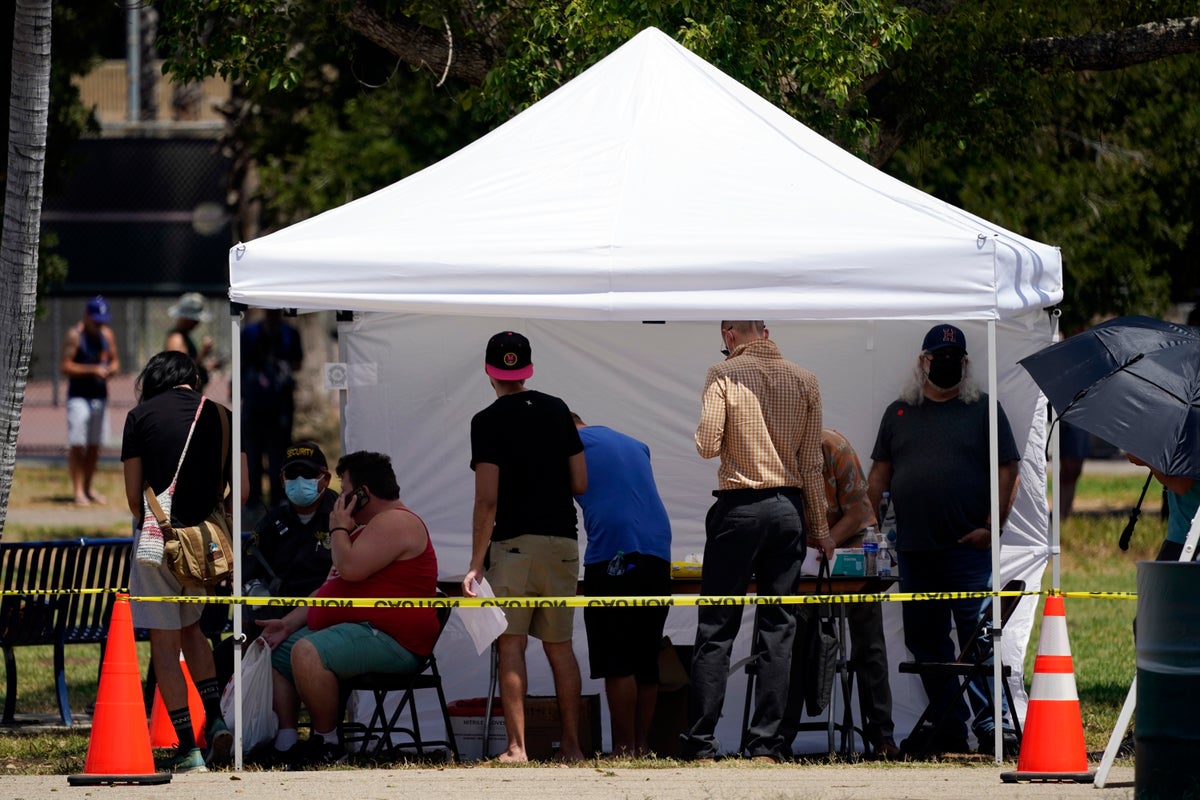
Illinois has become the third state in the US to declare the monkeypox outbreak a public health emergency.
In a statement on Monday, Governor JB Pritzker said that he was using the measure “to expand the resources and coordination of state agencies responding to, treating, and preventing the spread of monkeypox”.
The Prairie State, which has a population of around 12 million, has seen an increasingly alarming spike in monkeypox infections. According to the CDC, Illinois is the third state with most infections after reporting 520 cases, roughly 9 per cent of the 5,811 nationally.
New York and California, the other two states to have declared states of emergency over the outbreak, rank first and second with 1,390 and 827 infections, respectively.
Governor Pritzker said in the statement that the measure would facilitate the Illinois Department of Public Health to expand vaccine and testing capacities with the help of the Illinois Emergency Management Agency.
It takes effect immediately and is in place for 30 days.
Following Mr Pritzker’s announcement, the White House named top officials on Tuesday in a task force to combat the spread of monkeypox, NBC first reported.
FEMA regional administrator Robert Fenton and CDC Division of HIV Prevention director Dr Demetre Daskalakis will serve as the national monkeypox response coordinator and deputy coordinator.
The White House top medical adviser, Dr Anthony Fauci, called Mr Fenton and Mr Daskalakis “a really good combination”, the network reported.
“Bob’s experience in federal and regional response coordination, and Demetre’s vast knowledge of our public health systems’ strengths and limits will be instrumental as we work to stay ahead of the virus and advance a whole-of-government response,’’ US Secretary of Health and Human Services Xavier Becerra said, according to a White House statement.
Monkeypox is a rare and relatively mild viral infection. According to the CDC, the most common symptoms include a fever, rash, headache, muscle ache, chills and exhaustion.
It can spread to anyone through close, personal, often skin-to-skin contact, or when sharing clothing, bedding, or towels.
A high number of the cases seen so far have been in gay and bisexual men and men who have sex with men. But health officials and experts have warned that the virus can infect anyone and is not limited to a particular section of people.
The World Health Organisation (WHO) has also warned against stigma and discrimination surrounding the disease.
The WHO declared the outbreak a global health emergency on 23 July after an outbreak of monkeypox cases in non-endemic countries was detected in May this year.







